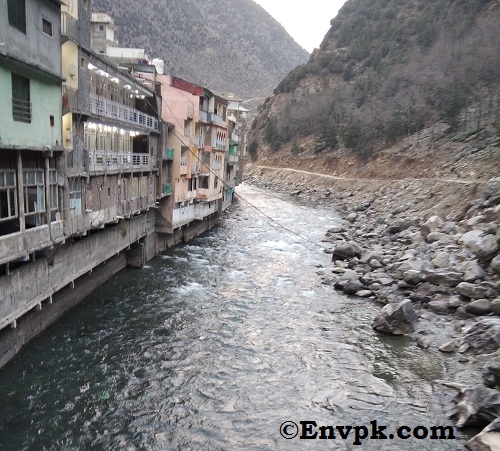INTRODUCTION
Grazing: It is a practice common in animal husbandry. The animals are taken to open rangelands, pastures, and grassland where they consume wild plants. The growing herbage is used for feeding livestock.
Overgrazing: It is defined as the practice of grazing for an extremely long period of time. The extensive grazing doesn’t let plant cover grow back. The plant cover needs sufficient time to recover.
CAUSES OF OVERGRAZING
The causes of overgrazing are directly linked with human activities and behavior towards animal husbandry. There are various causes of overgrazing. Few are listed below.
1. Extreme Weather Events: Human-induced climate change is affecting the arable lands leading to feminine and less productive soils. In such a scenario, the shortage of vegetation lands has led to overgrazing.
2. Inadequate Management of Livestock: This is an important cause of overgrazing. The uncontrolled herd and improper management of livestock decrease soil productivity.
3. Large Herds: The large herds are often responsible for overgrazing. When a large number of animals feed on grasslands it ultimately results in overgrazing.
4. Poor Land Use Practices: Overgrazing is also associated with poor land-use practices. The poor land-use practices are mining, deforestation, urbanization, etc. Because it renders less land available for grazing.
5. Social and Economic Circumstance of Farmers: The socio-economic circumstances of farmers are also leading to overgrazing. The poor farmers don’t have sufficient fodder stock.
EFFECTS OF OVERGRAZING
Overgrazing has disastrous effects on the land ecosystem. A few common effects of overgrazing are listed below.
1. Land Degradation: Overgrazing results in land degradation and becomes susceptible to soil erosion.
2. Desertification: Those lands that are subjected to extensive grazing for a long period of time often contribute to the desertification process.
3. Global Warming: Overgrazing triggers the effects of global warming. The vegetation cover absorbs carbon from the atmosphere. Less vegetation means more carbon in the air and the high surface temperature of Earth.
4. Less Productive Soils: The soils turn into barren lands due to overgrazing. The organic matter decreases and the soil gradually become infertile.
5. Spreading Exotic Species: When the soil is no longer able to recover from the overgrazing period then exotic species such as wild weeds spread in the areas.
SOLUTIONS TO OVERGRAZING
Solutions to overgrazing are eco-friendly. Few solutions to overgrazing are mentioned below.
1. Controlled Practice of Grazing: There should be controlled practice of grazing even for the larger herd. Managing livestock feeding habits is a key solution to overgrazing.
2. Avoid Overgrazing: Overgrazing should be avoided by pastoralists, farmers, etc. Because it makes land barren.
3. Afforestation: Planting trees and growing more herbs are suitable solutions to avoid the effects of overgrazing.
4. Using Other Means of Feed: There should be other means of feed for livestock including fodder stock during the growing season.
5. Sustainable Farming Practices: This is an important solution to overgrazing. Sustainable animal husbandry and farming practices will prevent the negative effects of overgrazing. Also read: Sustainable Agriculture Practices and their Advantages.
CONCLUSION
Overgrazing is a serious issue that must be addressed in order to prevent desertification, famine, and drought condition in grasslands, meadows, pastures, etc. The negative effects associated with overgrazing are dangerous for the entire ecosystem. The less productive lands mean less food production and this situation leads nowhere but famine/food insecurity in particular areas.
You may also like: Threats to Natural Ecosystems – Causes, Effects, Management
I hope you all liked this post! Please comment below if you have any suggestions, comments, or feedback! We at #envpk love hearing from our readers! Thanks!




